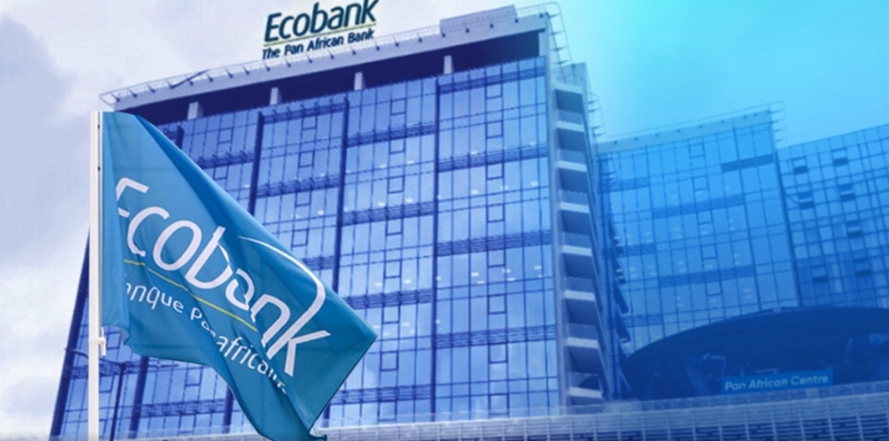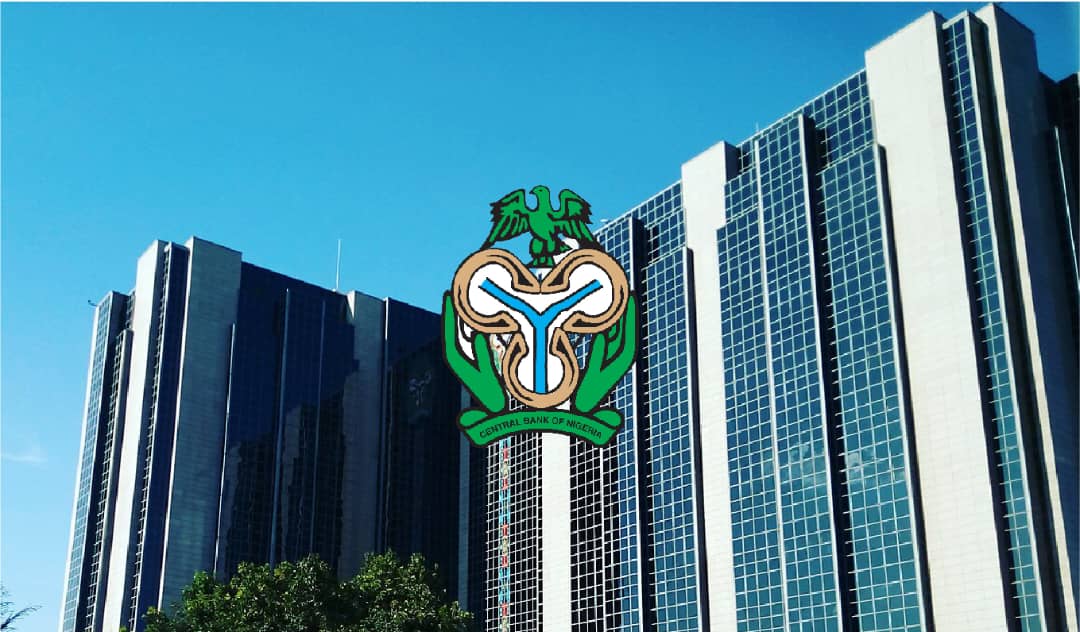
Ecobank Group reports 160% PBT towards N1trn in 2024.
Ecobank Group reports 160% PBT towards N1trn in 2024.By Fly Cable NewsThe Ecobank Transnational Incorporated continues to present a complex financial operation for analysts, as its cross-regional trading activities create uncertainty around the interpretation of its fiscal performance, strategic direction, and underlying business plans. Nevertheless, on the face of it, the 2024 financial year of the banking group appeared strong and resilient, despite broad economic disruptions in markets such as Nigeria, where public policy adjustments since the middle of 2023 have led to macroeconomic and microeconomic difficulties.Public policy shifts in Nigeria have created mixed outcomes for Ecobank’s Nigerian subsidiary. Over the last few years, the Nigerian operations of the money lending group have experienced weaknesses. However, other English-speaking West African markets have performed reasonably well, ranking second after Francophone markets in terms of gross earnings and profit.The group’s gross earnings increased by triple digits to N4.22trn in FY 2024 from N1.83trn in FY 2023, driven by a joint rise in interest and non-interest income. More than 50% of the group’s interest income came from core operations (lending), and the remainder came from investment securities. Non-interest income was attributed to fees and commissions, as well as foreign exchange revaluation gains. The higher interest rate environment and rising operating expenses accounted for 63% of the group’s gross earnings, with profit before and after tax settling at N980.68 billion and N735.89 billion, respectively, in FY 2024.Gross earnings growth in francophone, Anglophone, and Central, Eastern, and Southern African markets offset the slow development of its Nigerian operations, which are still recovering from the consequences of the delinquent loans it had earlier sold to the Asset Management Corporation of Nigeria (AMCON) in 2023. Analysts believe that a substantial recovery of its Nigerian activities would significantly improve the group’s overall operational performance and investor returns.Analysts note that the group has been cautious about its loan book, preferring to remain conservative by scaling back its impairment charges, which saw a 126% growth as nonperforming loans rose to 6.7%, haunted by loan asset challenges in Anglophone West Africa (AWA), primarily Ghana. The aggressive rise in Francophone West Africa activities with loans and advances and Investment securities growing by +56.56% and +69.52% to N19.05trn and N10.68trn respectively has offered a softer performance than would be the case without the region leading the corporate growth agenda. (see table 1 below).RatiosETI’s financial ratios improved, driven by rising profitability, cost efficiency, and higher asset utilisation. Return on equity (RoE) and return on assets (RoA) increased to 32.70% and 1.70%, respectively. However, the group’s asset quality weakened as its non-performing loans ratio rose to 6.70% in FY 2024 despite the banking group remaining conservative in loan book creation as its loan-to-assets ratio (LAR) and loan-to-deposit ratios (LDR) fell to 45% and 55%, respectively (see Table 2 below).ValuationETI saw relatively weak market recognition of its resilient operating performance in 2024 despite strong fundamentals. The lending group’s price-to-book (P/BV) and price-to-earnings ratio (PER) fell. The price-to-book value remained below 1, suggesting a value lower than its liquidation value. In an earlier report on the pricing of bank assets in Africa, it was observed that part of the challenge in pricing these assets was considerations around the quality of African banks’ loan books (see table 3 below).Share Price MovementETI’s share price experienced high volatility in 2024, initially rising in January to N27.05 from N20.90 at the start of the year. It subsequently fell to a 52-week low of N20.00 as of March 12, 2024. The share price had a rally in the fourth quarter, settling at N28.00 and returning 33.97% in 2024. The gradual rally persisted in Q1 2025, rising to N34.60, but subsequently retracted and dropped to N29.40 as of March 28, 2025 (see Chart 1 below).Regional PerformanceThe group’s extensive continental presence increased its exposure to diverse domestic macroeconomic challenges, including exchange rate volatility, high credit costs, inflation, and monetary tightening. Nevertheless, most operating regions rose above the heightened risks, with Francophone West Africa (UEMOA) retaining its top position across all parameters, followed by Anglophone West Africa (AWA), and Central East and Southern Africa (CESA), while the Nigerian business segment remained a pain point with relatively low earnings, challenging loan quality, and ballooning costs (see table 4 below).Closing ThoughtsThe group appears to be addressing the Nigerian issues by recruiting a global management consultancy firm to reposition the Nigerian Business. The firm has been collaborating with the bank for several months to develop a novel approach to addressing the uncertainty and volatility in the Nigerian market.The new approach may explore ways to leverage the group’s continental presence to enhance the growth of its off-balance sheet activities and strengthen its presence in continental trade finance, taking advantage of arrangements such as the African Continental Free Trade Agreement (AfCFTA) and the Pan African Payment System (PAPS). The Nigerian operation’s post-transformation agenda implementation is expected to result in a significant expansion of trade finance (forward and future agreements), leasing, and currency derivatives as corporate operational hedging strategies. With these and other activities growing at a faster pace, the Nigerian operations should be reset to make a more substantial contribution to the continental lending group’s gross earnings and bottom line from 2026. Proshare analysts have a few further observations:The group’s other comprehensive income (OCI), a measure of items not reconciled to the group’s statement of comprehensive income, increased by 61.40% between 2023 and 2024. What is shown under the OCI statement as a lump sum comprises two components: 1) items attributable to ordinary shareholders and 2) non-controlling interests. A review of the Statement of Changes in Equity reveals that the split into 1) and 2) above is evident. In Note 40 on Reserves, all the OCI items related to ordinary shareholders are shown. For example, under the OCI statement, there is an “exchange difference on translation of foreign operations” of US$439 million. Then, the Statement of Changes in Equity shows the allocation of US$439 million, with US$383 million allocated to ordinary shareholders and US$56 million to NCI.
The in-house analysts flagged the money lender’s foreign exchange revaluation gains; however, there is representation that Ecobank Nigeria did not have any material gains, primarily due to its limited net open position (NOP) and the changes in the regulatory landscape. Additionally, Proshare’s EMI review suggests that Ecobank Nigeria does not have any subsidiaries outside of Nigeria, so there are no benefits of translations for Ecobank Nigeria.
The banking group’s loan book growth and deposits moved in opposite directions between 2023 and 2024. Deposits grew year-on-year, but gross loans to customers declined. The deposit growth indicated an improving customer franchise, and the group’s contained loan growth was also indicative of a lower risk appetite under the current economic environment, characterised by high inflation and interest rates that generally lead to less demand for loan products, as well as the impact of currency depreciation.
It has been suggested that the group’s continental diversification has helped ensure that the lender’s balance sheet and profitability have remained stable. However, Proshare EMI interrogation of the group data indicates mixed results. Growth occurred in only one of the three countries (Burkina Faso, Mali, Nigeria) that experienced geopolitical disruption or political leadership change, while there was a decline in two of them. Nevertheless, the power of diversification within the Ecobank franchise was able to cover these shortfalls, as evidenced by the overall growth in revenue and profits for the broader Francophone (UEMOA) region and the group. The banking group is believed to be closely monitoring developments in the Sahel countries and adjusting its risk appetite accordingly. They are essential markets for Ecobank Transnational as the group appears to believe in the long-term fundamentals and outlook of the region.
Should the continental lending giant fear geoeconomic uncertainties around global tariff hikes? Maybe not. While executives of the bank are expected to monitor the situation, the fear factor may not be as pronounced because most African exports are primary products that do not compete with American export interests.The Ecobank Group (ETI) will continue to leverage the high-interest rate environment to drive gross earnings and profitability, albeit at higher credit risks. Additionally, the silence around Eco Bank Nigeria’s recapitalisation plans/ exercise could influence market perception (considering the N353.51 is for the group)For further updates on Ecobank Transnational Incorporated follow the company Proshare Investor Relations (IR) Portal.














Post Comment